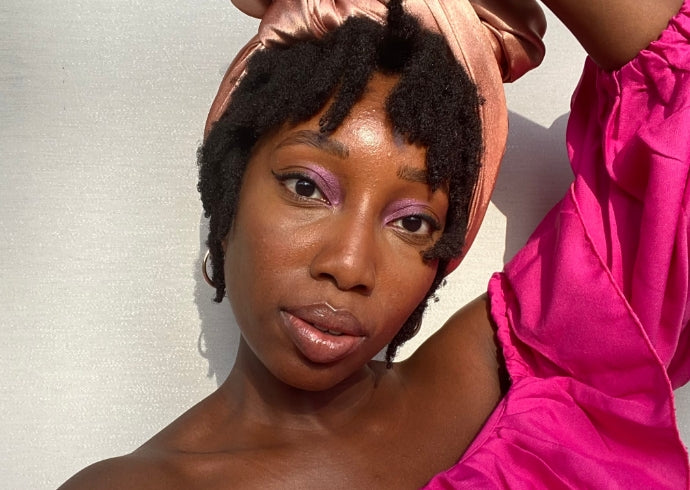At Milk, we stand for inclusivity and the freedom to live your life openly, authentically, and unapologetically. Laws that threaten our community affect all of us. A wave of recently passed and proposed anti-LGBTQIA+ legislation in the US is the latest attempt in an ongoing effort to strip the rights of LGBTQIA+ people. That's why this Pride, we believe it's more important than ever to uplift and create safe spaces for our community.
Throughout the month, our special guest editor Devin-Norelle, a model and trans advocate, is sharing the stories of seven people across the country who are actively fighting for their rights. Because all LGBTQIA+ people deserve to have a safe space to exist freely.
Ask Maxx Fenning anything about creating safe spaces, and you’ll quickly realize that physical space itself is the least important factor in his work. As the Co-founder and President of PRISM, an LGBTQ+ nonprofit organization based in South Florida, many of the spaces he’s worked to create exist entirely online. It’s a deliberate choice to make education and resources as accessible as possible, to as many people from the LGBTQIA+ community as possible.
“Providing online resources is so important for members of the community that are most at risk,” he says. “Through this space, they have a family and environment that is very supportive, even when they don’t have the ability to access physical resources or an LGBTQ+ community center.”
The work that PRISM does aims to provide LGBTQIA+ youth, especially youth of color, with resources that empower them not only to exist freely, but to thrive. This encompasses everything from TikToks on LGBT+ history, to information on free and low-cost STI testing, to a student ambassador program that focuses on young leaders on the frontlines of community advocacy. All of this programming shares one common denominator: It’s meant to make community members feel heard, affirmed, and at home.
“I think safe spaces are often less about the place and more about the people in those places,” says Maxx. Although he was once set on working for Google as a software engineer, his trajectory quickly changed when he attended a GSA school meeting by chance, ran for vice president, and got elected. Since then, he’s channeled all of his energy into doing the work for his community, which starts with listening.
To allies who want to learn or community members who seek to foster safe spaces, Maxx emphasizes that nothing is more important than listening. “A big part of fostering space in any regard is giving space to listen,” he says. “We need to be able to have environments where we can feel heard and feel seen.” That holds true whether it applies to a physical community center or an online Discord server like PRISM’s.
“It all goes back to listening, learning, being there, and being present,” he says. “That in and of itself goes so far and saves lives.”
Read on for Maxx’s thoughts on cultivating safe spaces and ensuring that everyone feels heard.
What does a safe space mean to you?A place where you can feel at home. A place where you can feel heard and affirmed. A place where you can feel comfortable to be yourself—unfiltered and unencumbered with people, objects, or atmosphere. What is your earliest memory of finding a safe space?I used to be really into much nerdier stuff than I am now. I went to an arts middle school, and we had a club-esque thing called “Geek Games.” We would play games like Magic: The Gathering and HeroClix. It wasn’t specifically LGBTQ-conforming, but it was the first place where I found community, at a time when I was first beginning to understand my sexuality. I didn't wind up coming out until a year later. I just sort of let myself be myself. The other part was, everyone knew I was gay before I did. I had a pretty affirming family, so as I was discovering myself, I was able to be open about that. How do you foster a safe space for others?A big part of fostering space in any regard is giving space to listen. We need to be able to have environments where we can feel heard and feel seen. That’s half the battle: to make a space where someone is going to feel comfortable divulging a part of themselves. I think safe spaces are often less about the place and more about the people in those places—the atmosphere and the environment. Some things can give a visual cue of physical safe spaces, like rainbow decor and things like that, but most of the battle is the environment that you create through conversation. It all goes back to listening, learning, being there, and being present. That in and of itself goes so far and saves lives. How does PRISM foster a safe space?At PRISM, we work to expand access to LGBTQ+ education and resources for young people in South Florida. The primary way we do this is online. We reach people where they are increasingly looking for information, on social media and on the Internet. That could be an Instagram post about how to use a condom, a livestream class about consent, or a TikTok about asexuality. Those are the ways we tackle the education side of it. Providing online resources is so important for members of the community that are most at risk. Through this space, they have a family and environment that is very supportive, even when they don’t have the ability to access physical resources or an LGBTQ+ community center. As long as you have a phone or a computer, you have access to PRISM resources and support. We have a Discord server where people can meet other queer young people and engage with resources without barriers. |
  |
What do people get wrong about Pride?
I think that Pride has become really disconnected from its origins and roots, which are so, so important. Pride is a protest, as cliché as that sounds. It started as the first anniversary of the Stonewall riots. It’s about police brutality and poor treatment of people by the police.
Increasingly, Pride has been commercialized, and the concept of Pride has become this commodity—just a way to slap a rainbow on something and make money off of it. It’s so important to understand that not only was it a protest, it’s still a protest in many ways and in many places. It's not just about floats or partying. There are so many issues that plague us and attack our communities left and right. It’s important to remember those roots as we engage in Pride. We should support grassroots organizations and mutual aid funds. We should organize real education for the LGBTQ+ community and utilize the resources we have to make an impact.
How do you celebrate Pride outside of Pride month?
I celebrate pride all-year-round. A) because I'm gay and B) because we’re always here. We’re not just here one month of the year. We’re here year-round and should be recognized year-round.
Part of my celebration is superficial; I have a lot of rainbow attire that I wear throughout the year. But, there is meaning in these superficial items. These are visual cues and signals that I’m a safe person, whether it be an emergency or if you just want to chat. That sense of visibility is super important. Beyond that, it’s the work that I do every single day to support LGBTQIA+ youth, as a young LGBTQIA+ person.
Do you think it’s important to label yourself?
The thing about labels for yourself or others is that words have meaning. It’s our way of communicating our experiences and communicating our internal or external perceptions with other people. That’s why words exist in the first place. The terms we’ve created are very complex in terms of experiences along the gender or sexuality spectrum. They hold power, and they hold weight. They communicate experiences we couldn't otherwise convey in such a succinct, efficient way at times. They hold so much power in that regard.
I don’t think we necessarily need to pressure people to attach labels to themselves, but for someone who wants to be an advocate or represent the LGBTQ+ community, you need to be able to label and describe these things and lend them that visibility. These words can mean so much to people who share similar experiences, to help them understand that they are not alone. It lets people know that these things are normal and natural. A lot of times, labels are a really exceptional way to do that. Sometimes, they hold less nuance in certain situations, but they’re still an impactful use of language.
What would you tell your younger self?
Take some thought-out risks. The place I’m in now and the life I have grown into came about on accident. The only reason I’m in the activist space is because one day, I saw there was going to be a GSA meeting. I hadn't been to the earlier meetings in the school year and thought I might as well go. They just happened to be having elections, so I ran for vice president, I got elected, and that set me on this trajectory. I saw these opportunities, and I grabbed ahold of them.
I wanted to work for Google and be a software engineer. That might have been the trajectory my life took had I not made these spur-of-the-moment decisions, taken the risks, and seized the opportunities in front of me. I’m so glad that I shifted and that these pivotal moments led me to where I am now.
What would you tell young people today?
I want young LGBTQ+ people to know they’re not alone. These things that you think are so unique to you are so ubiquitous that they have been experienced time and time again, for much longer than we’ve all been alive. I grew up with my parents giving me advice like, “I've been through this before, trust me.” Well, they turned out to be right pretty often. These battles that you’re fighting internally, externally, and politically have been fought before. We survived them before, and we will get through them again.
What does it mean to be an ally?
Two of the letters in “ALLY” are “L,” which stands for listen and learn. It’s so important to listen. It’s important to understand that no matter how many LGBTQ people you know or are close to, you will never understand LGBTQIA+ experiences the way a queer person would. No matter how many queer people you engage with directly, there is always more to learn, and the best way to learn is to listen.
How should allies show up for LGBTQIA+ people?
I think it’s not about taking the action you think would be beneficial, but asking, “How can I support you, and what can I do for you?” The LGBTQIA+ community is far from monolithic. We need to be able to understand how to best support people individually and specifically. For forms of advocacy like protest and education, listen to LGBTQ+ voices, whether they’re friends or activists. What are they asking for, and can you meet them where they’re at?
This interview has been edited and condensed for clarity.
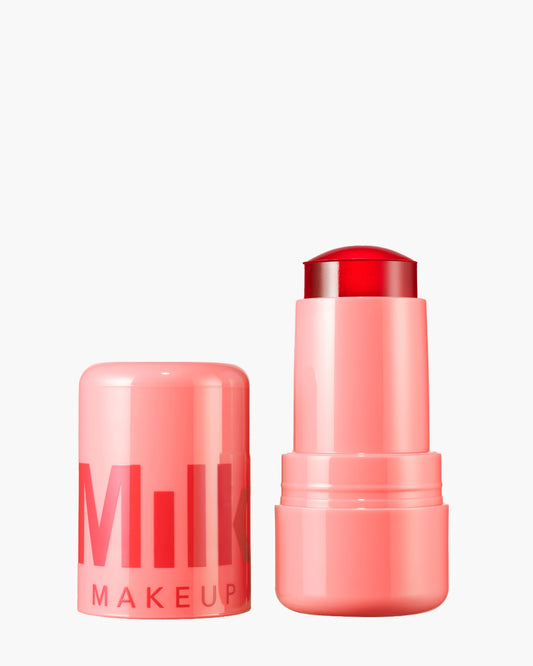
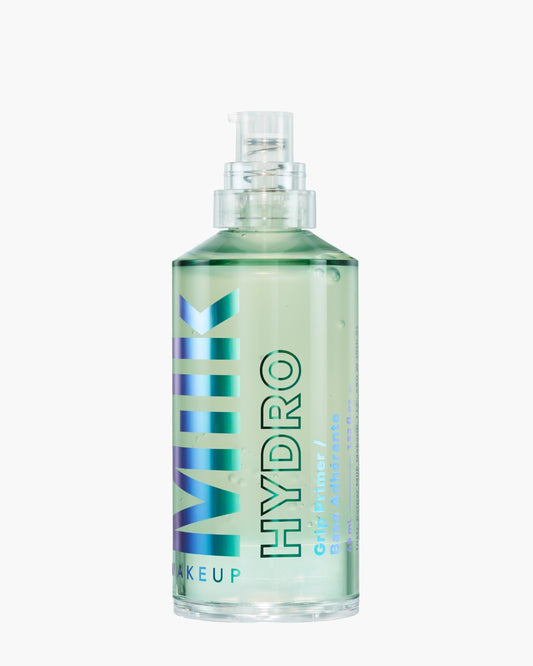
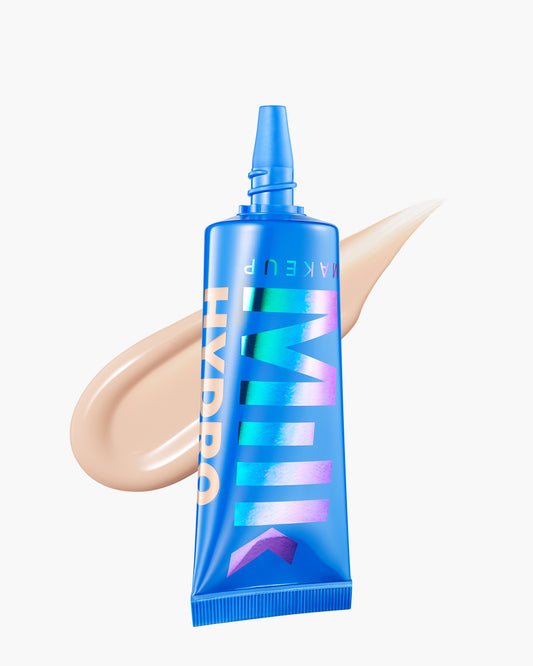
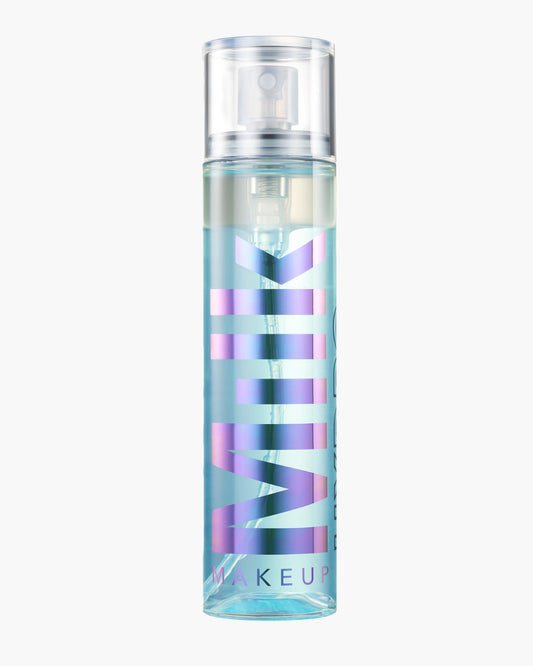
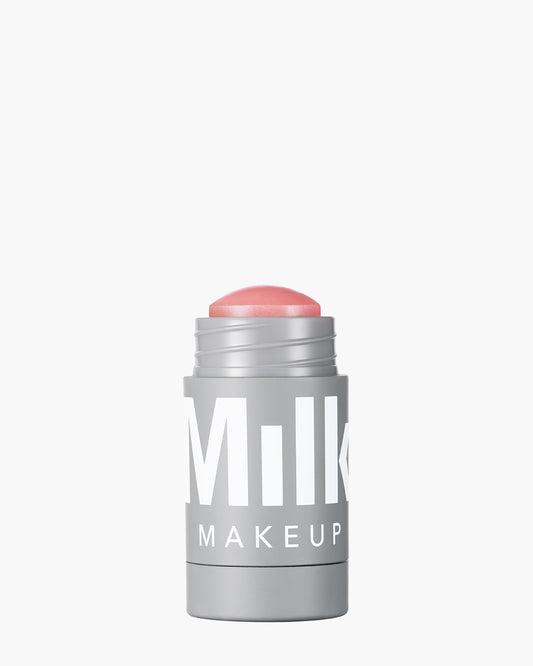
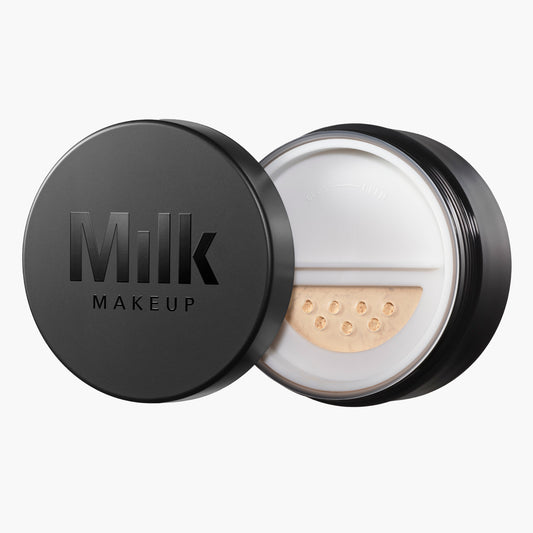
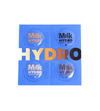
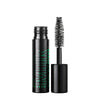
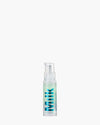


-%E2%80%A2-Instagram-photos-and-videos-v1709919789860.png?150x150) "
"